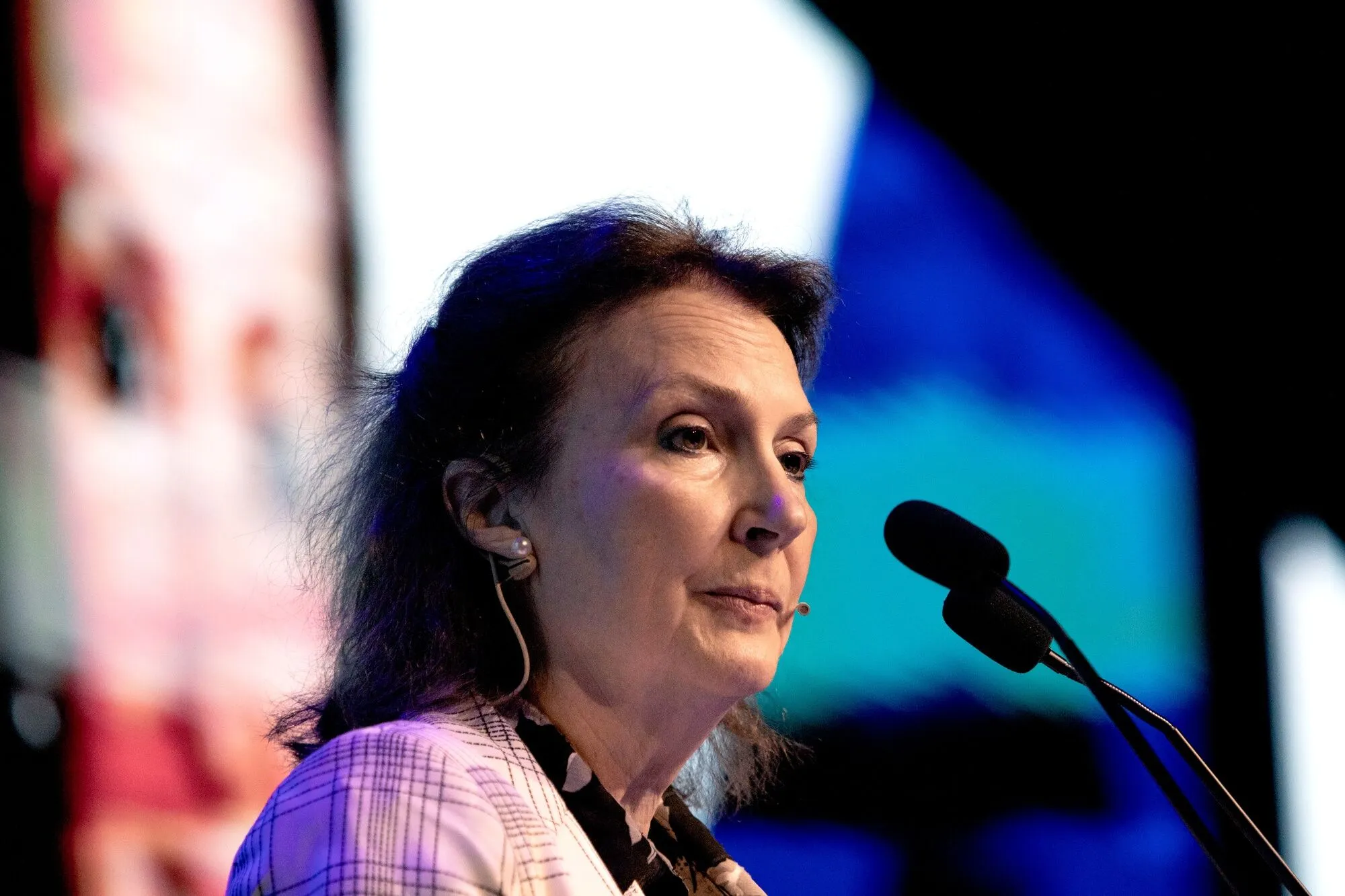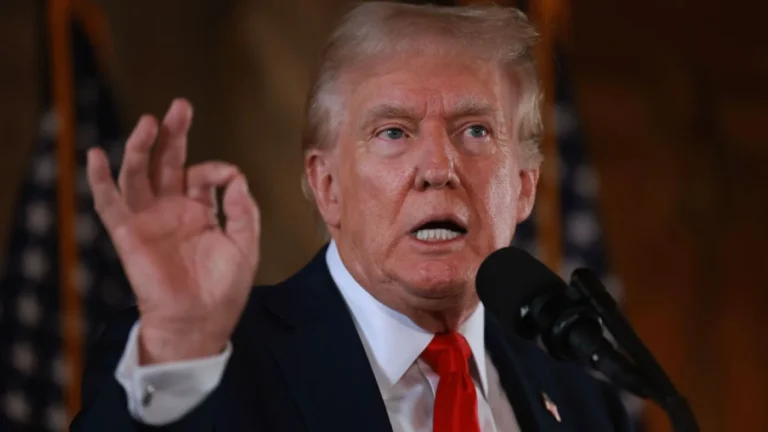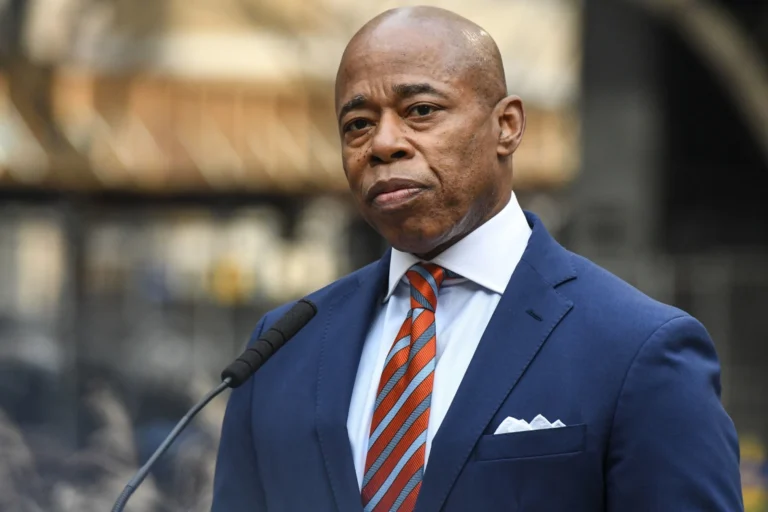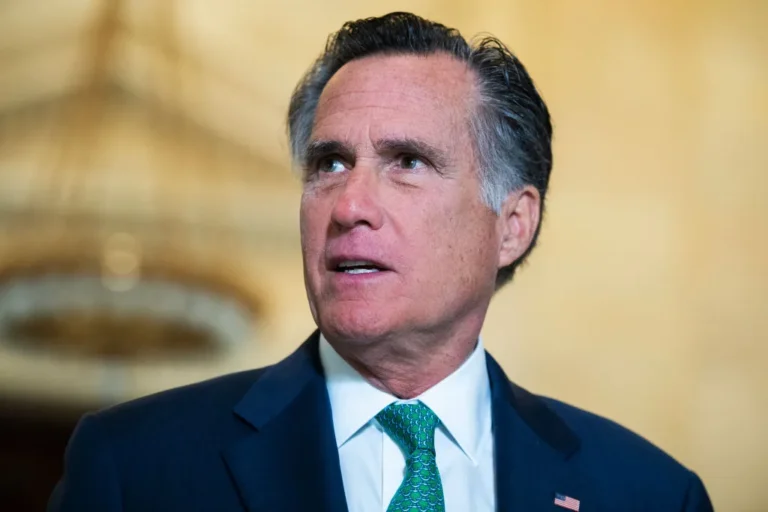In a swift and consequential move, Argentina’s President Javier Milei dismissed his foreign minister Diana Mondino on Wednesday, hours after the country voted at the United Nations in favor of lifting the U.S. embargo on Cuba. This action reflects Milei’s determination to shape Argentina’s foreign policy in a direction that starkly opposes regimes he views as violating human rights.
Argentina’s ambassador to the United States, Gerardo Werthein, will now replace Mondino, according to an announcement made by Milei’s spokesman, Manuel Adorni, on the social media platform X. While Adorni did not provide specific reasons for Mondino’s removal, the Argentine government later clarified that her dismissal was indeed related to Argentina’s vote at the U.N.
In a statement released by the President’s office, Milei emphasized his administration’s stance against authoritarian regimes, highlighting the government’s firm opposition to the Cuban dictatorship. “Our country is categorically opposed to the Cuban dictatorship, and it will remain firm in promoting a foreign policy that condemns all regimes that perpetuate the violation of human rights and individual freedoms,” the statement read. This underscores Milei’s intent to position Argentina as a vocal advocate for democratic values, even at the cost of longstanding diplomatic alliances or traditions.
The U.N. resolution on the embargo of Cuba, which has been in place for more than six decades, saw widespread support from the global community on Wednesday. A total of 187 nations voted in favor of condemning the U.S. embargo, with only the United States and Israel voting against it. Argentina’s affirmative vote placed it in alignment with most countries that disapprove of the embargo, which has been criticized internationally for its impact on Cuba’s economy and the wellbeing of its people.
Milei’s reaction to this vote, however, signals a fundamental shift in Argentina’s foreign policy under his leadership. Since taking office in December 2023, the libertarian president has been committed to steering Argentina’s foreign policy closer to the interests of the United States and Israel. This represents a marked departure from the historically independent and often progressive foreign policy approach Argentina has previously adopted, especially in relation to Latin American solidarity and regional issues.
The president’s commitment to align with the United States and Israel has also manifested in his outspoken support for Israeli Prime Minister Benjamin Netanyahu’s government and its recent military actions in Gaza. Milei’s endorsement of these actions contrasts sharply with the responses of several other Latin American countries, which have taken strong stances against Israel’s actions in Gaza. Notably, Bolivia and Colombia have severed diplomatic ties with Israel, and countries including Brazil have withdrawn their ambassadors from Tel Aviv in protest. Milei’s position, therefore, not only marks a new path for Argentina but also isolates it from some of its closest regional partners.
The recent U.N. vote appears to be the latest incident in a series of controversies that plagued Mondino’s brief tenure as foreign minister. Her term has been marked by diplomatic missteps, which likely contributed to the mounting tensions leading up to her dismissal. Just last week, Mondino’s office had to retract a press release that referred to the disputed Falkland Islands as the “Falklands” rather than “Malvinas” — the term preferred in Argentina. The naming of the islands is a highly sensitive issue in Argentine politics, and the oversight was met with criticism from various factions within the government and public.
Additionally, Mondino’s handling of Argentina’s relationship with China also generated controversy. In May, she visited China in an attempt to repair diplomatic relations strained by Milei’s prior criticisms of the Asian powerhouse. However, during this visit, she faced backlash after making a remark that “all Chinese look like the same” in a media interview, a statement that sparked criticism both domestically and internationally.
With Mondino’s dismissal, Milei has also announced plans for an internal review of the Foreign Relations Ministry. This audit, according to his office, aims to “identify promoters of agendas opposed to freedom.” The move appears to signal that Milei’s administration is intent on rooting out any elements within the foreign ministry that it perceives as misaligned with its new foreign policy direction.
The rapid restructuring of Argentina’s foreign ministry marks a significant realignment of its international relations strategy. By dismissing Mondino over the U.N. vote, Milei sends a message of his commitment to a hardline stance on foreign policy issues, particularly regarding his disdain for regimes he views as undemocratic. This shift, however, may pose challenges for Argentina’s diplomatic relations within Latin America and beyond, as Milei’s administration prioritizes alliances that reflect its new ideological commitments over regional solidarity.
As Argentina continues to reshape its foreign policy under Milei’s leadership, the country may face increased scrutiny from both regional allies and the global community, testing its diplomatic resilience and Milei’s vision for Argentina on the world stage.






